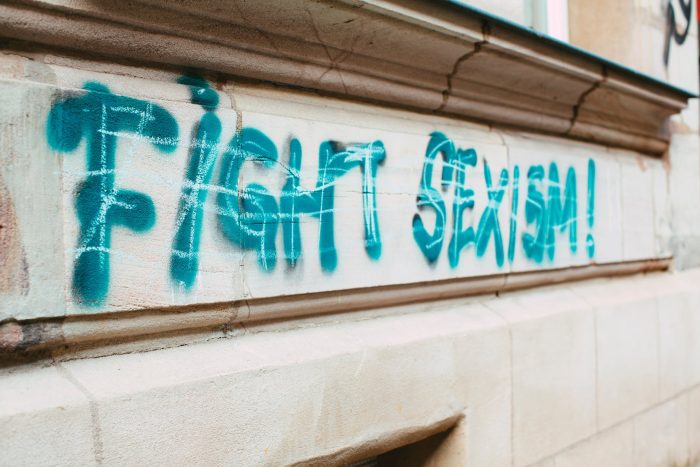Lisa LaFlamme did what any good journalist would do: report the truth. Those of us who have been fortunate enough to go to journalism schools know that ethics are essential. Telling the truth, whether in print, broadcast, or digital media is a duty of any good journalist. Lisa has been a great journalist.
For readers outside Canada, you might be unfamiliar with this trending topic. Although, I think that Bell media’s decision to fire Lisa made it to global headlines too. We, as audience, wouldn’t have known what happened if not for Lisa herself. She was, not surprising, brave— and didn’t let it go. After years of watching Lisa on a national TV, we needed to know what was going on.
Bell media would not have fired Lisa, the highly accomplished journalist with national awards, if she isn’t a woman with grey hair… no matter what they’re going to say in order to justify their position.
Lisa’s video and the continuing news coverage, and solidarity that she has received make me reflect on the acts of sexism (and misogyny) that many of us face as women face. Women in media, and other workplaces, face sexism and ageism daily. I want to share with you a story that I’ve not shared in public before. More than a decade, when I graduated from school, I applied for a job as assistant producer— a friend who worked at the same broadcast corporation referred me to the producer. I’m not sharing the name of the corporation nor where it’s located in order to protect my friend’s career.
I was interviewed for the job. The producer, who was a middle-aged man, looked at me and said: “Do you think your education in journalism makes you a successful candidate?” I said: “Yes.” Shockingly, he responded with a giggle: “Absolutely, no. I have no education in journalism and I’m a senior producer for this show.” As a young female journalist, I was proud of my education and portfolio that I presented. “I have a suggestion for you. How about working in advertising? There are many girls like you who work there,” he said. “But I’m a journalist. There is nothing wrong with advertising, but that’s not what I want to do,” I responded. I regret not asking him the question: ‘why have you called me for this interview?’
I left the interview, and rushed to my vehicle. I sat down and cried. It was my first job interview following my graduation, and with, his misogyny filled words, he told me that my gender defined what I could do– and my education had no value in the eyes of the employer. Lisa, you reminded me of that day. And you remind me of every time women have to work harder but yet find minimal appreciation. We work hard because we want to, because we’re professionals of ethics. You remind me of inspiring women in my life, some of whom are leaders, who have to work double that of their counterparts of the opposite gender.
Thank you, Lisa, for speaking up.











Read 0 comments and reply